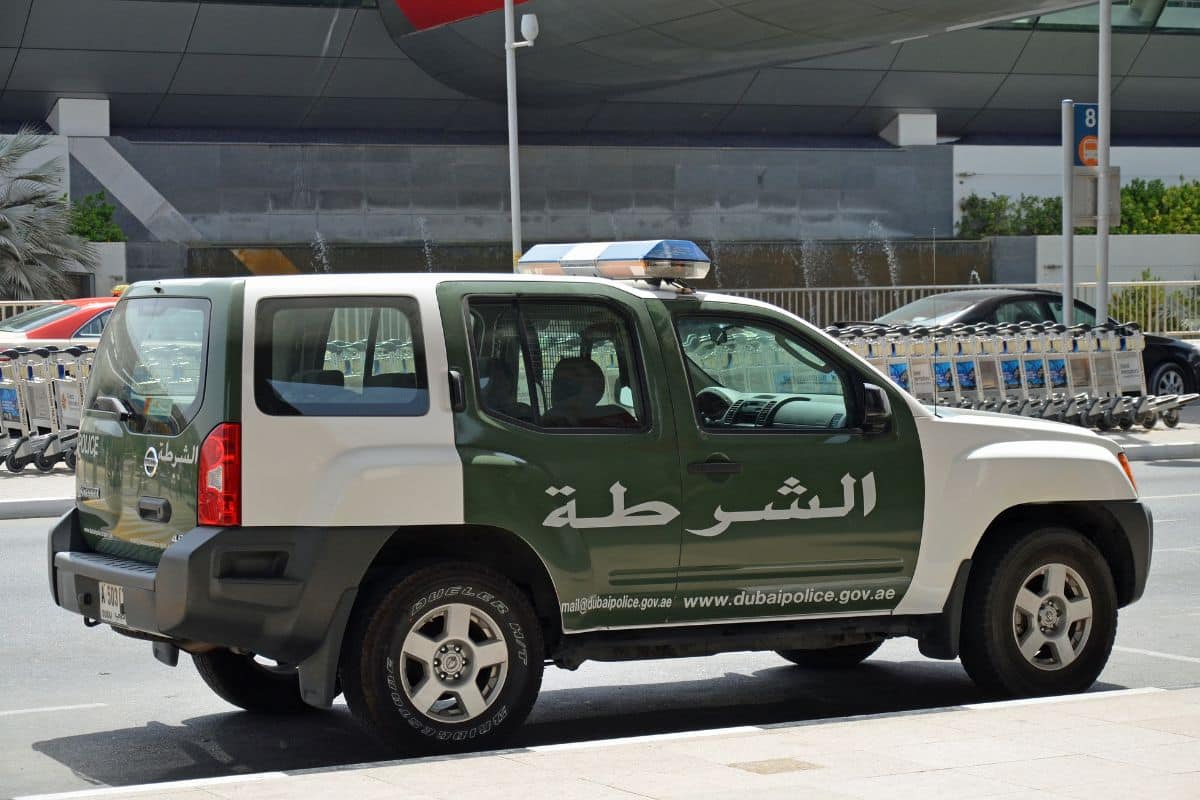Dubai Police have raised safety concerns and are looking to raise awareness of what they have dubbed a “silent killer” in the emirate.
Accidentally inhaling carbon monoxide can kill without a victim being aware of a problem, said police during an awareness workshop.
Dubai Police said the silent killer can be a result of improper care of vehicles.
Silent killer in Dubai
Police confirmed that the main reasons behind vehicle-related poisoning cases are:
- Inadequate maintenance of old vehicles
- Operating vehicles for extended periods of time in enclosed spaces
- Heavy modification with power boosters
Major General Ahmad Thani bin Ghalita, Director of the General Department of Forensic Science and Criminology, confirmed that the Dubai Police is always committed to activating and supporting partnerships and collaborations with external partners to explore ways to develop work mechanisms, address challenges, and find solutions that enhance safety and security.
“This exposes them to the risk of carbon monoxide poisoning or even death”, bin Ghalita said.
Bin Ghalita pointed out that the danger of carbon monoxide lies in the fact that it has no odour or colour, which makes it difficult to detect and determine its concentration in enclosed spaces.
“The symptoms of carbon monoxide poisoning include headache, drowsiness, fatigue, and lethargy, which can cause a person to slip into a coma without realising the danger they are in,” he said.
Mohammed Ali Al Qasim, Head of the Criminal Engineering Section at the General Department of Forensic Science and Criminology, said studies have revealed that CO-related fatalities and poisoning cases occur due to a lack of awareness regarding several dangerous practices carried out by individuals.
These accidents occurred in vehicles that had undergone significant illegal modifications to the rear exhaust filters to increase power and sound.
After spending a period of time in such a vehicle, whether in an enclosed or open space, the level of carbon monoxide in the cockpit will increase exposing individuals to the risk of carbon monoxide poisoning.
Furthermore, Al Qasim explained that the reports received showed that such cases occurred as a result of one of three reasons: either due to inadequate maintenance of old vehicles, heavily modification with power boosters or due to individuals practicing unsafe habits by operating vehicles for extended periods of time in enclosed spaces.
“Therefore, it is necessary to raise awareness about the consequences and dangers of committing such practices on the lives of vehicle users”, he added.
Saeed Al Falasi, Director of the Legal Affairs Department at the General Department of Human Rights, pointed out that Dubai Police workshops aim to explore ways to provide recommendations in collaboration with partners and relevant authorities regarding regulations and laws that can reduce injuries and fatalities resulting from inhaling toxic gases in vehicles.
Ibtisam Abd Al Rahman Al Abdouli, Poisons Senior Expert and director of the Specialised Forensic Evidence Department at the General Department of Forensic Science and Criminology at Dubai Police, said carbon monoxide (CO) is a “silent killer” because it is a colourless, odourless, and tasteless gas, and can be accidentally inhaled without it realising.
“Some people may experience minor symptoms such as headache, weakness, dizziness, nausea or vomiting,” she said.
“But when the CO level in the body is high, it could lead to loss of consciousness and eventually death”.
Al Abdouli explained that CO is a toxic gas produced by the incomplete combustion of carbon-containing fuels, such as gasoline, natural gas, oil, coal, and wood.
She said: “When a fire burns in enclosed places, including wood caravan houses and road trip vans, the oxygen is gradually replaced with carbon monoxide. This leads to serious tissue and cell damage and even death.
“Carbon monoxide poisoning is behind many deaths worldwide due to lack of awareness and wrong practices”.
Al Abdouli further urged that if someone is suspected of having CO poisoning, the first aid steps are to get them into fresh air immediately and call for emergency medical assistance.









